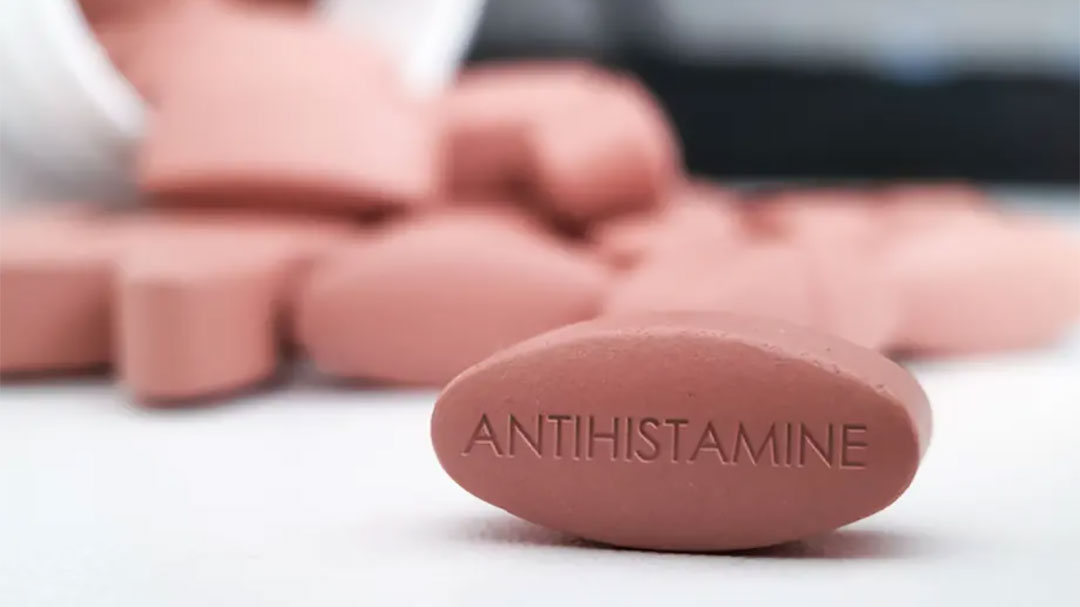Do you consistently reach for antihistamines like Benadryl to manage allergies or improve sleep? You’re not alone—these over-the-counter medications are commonly used for relief. However, long-term use of antihistamines like Benadryl can have serious consequences, particularly for brain health. Let’s explore the lesser-known risks and holistic alternatives to support allergies and sleep naturally.
The Link Between Antihistamines and Cognitive Decline
Many antihistamines, including Benadryl (diphenhydramine), are anticholinergic, meaning they block acetylcholine—a key neurotransmitter essential for memory, cognitive function, and brain cell communication. Over time, the disruption of acetylcholine can contribute to cognitive decline, increasing the risk of dementia and Alzheimer’s disease. Research suggests that prolonged antihistamine use, particularly in higher doses, may accelerate this process, making it
especially concerning for older adults.
Holistic Support for Allergies
If you regularly take antihistamines for allergy relief, consider natural alternatives that support your immune system without unwanted side effects:
- Albizia – A powerful herb traditionally used for its antihistamine and anti-inflammatory properties to naturally reduce allergic responses.
- Nettle Leaf – A natural antihistamine that can help alleviate seasonal allergy symptoms.
- Food Allergy Testing – Identifying and eliminating food triggers can reduce overall inflammation and lessen allergy symptoms at their root cause.
Our Allergy Bundle (Albizia, Nettle Leaf, and Food Allergy Testing) is designed to provide comprehensive support for allergy sufferers looking for a safer, long-term solution
Better Sleep Without Antihistamines
If you’re using Benadryl or similar medications as a sleep aid, addressing the root cause of sleep disturbances is essential. Instead of relying on antihistamines, consider these natural alternatives:
- California Poppy – A gentle, non-habit-forming herb that promotes relaxation and restful sleep.
- Magnesium – Supports muscle relaxation, nervous system regulation, and melatonin production for improved sleep quality.
- DUTCH Test – Mapping your circadian rhythm through hormone testing can -help uncover imbalances contributing to poor sleep and guide a personalized approach to restoring your sleep cycle.
Optimizing Sleep Hygiene for Long-Term Wellness
Beyond supplements, implementing healthy sleep habits can make a significant difference:
- Reduce screen time and blue light exposure before bed.
- Maintain a consistent bedtime and wake-up schedule.
- Create a dark, cool, and calming sleep environment.
- Manage stress through relaxation techniques such as meditation or journaling.
The Bottom Line
While antihistamines like Benadryl may offer short-term relief, their long-term effects on brain health and sleep quality are worth reconsidering. By supporting your body with natural alternatives like our Allergy Bundle, targeted sleep support, and personalized hormone testing, you can achieve better health without the risks associated with prolonged antihistamine use. Prioritize your long-term wellness—your brain and body will thank you!



